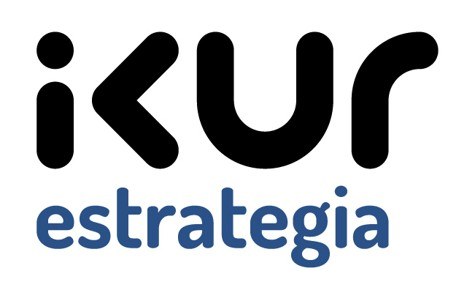PostDoc - Quantum Computing Algorithms as Impurity Solvers for Condensed Matter Physics (Closed)
maria.blanco@ehu.eus
asier.eiguren@ehu.eus
We are currently accepting applications for the above mentioned position. This is a unique opportunity for junior researchers with a recent PhD degree in Physics or related fields to join one of DIPC’s high-profile research teams.
The role
The rise of Quantum Computing (QC) techniques has allowed for unprecedented activity in the area of strongly correlated systems. In particular, several variations of the Hubbard and Ising problems have been successfully tackled with QC platforms. In practice, these problems are laid out as finite lattices, where the quantum analog simulator can be intuitively mapped onto the target physical many-body states. In comparison, the physics of isolated impurities constitutes a significant challenge and remains unexplored by QC, as finite lattice models are often insufficient to describe some of the complex quantum phases arising upon interaction of the impurity with the embedding medium. This position offers the candidate a unique opportunity to develop and apply novel QC approaches to strongly correlated systems, providing a fresh perspective on impurity physics.
Desired background & competences
- PhD in Physics with a very strong background in theoretical condensed matter physics.
- Expertise in scientific programming.
- Background in quantum information and experience with Qiskit or similar tools will be considered a strong advantage.
Working conditions
- Estimated annual gross salary: Salary is commensurate with qualifications and consistent with our pay scales
- Target start date: 2025/09/01
We provide a highly stimulating research environment, and unique professional career development opportunities.
We offer and promote a diverse and inclusive environment and welcomes applicants regardless of age, disability, gender, nationality, ethnicity, religion, sexual orientation or gender identity.
The center
About the team
The successful applicant will join a UPV/EHU-based team spread over the Bizkaia and Gipuzkoa campuses. The group’s activities are centered around many-body condensed matter physics, with focus on methodological aspects. We have developed computational tools to treat Fermi surfaces, electron-phonon coupling, spin-orbit coupling, magnetic properties, and correlated impurity problems. More information about the group can be found in the website: https://www.ehu.eus/en/web/computational-many-body-theory.
How to apply
Interested candidates should submit an updated CV and a brief statement of interest to the following application email below.
Reference letters are welcome but not indispensable.
The reference of the specific opening to which the candidate is applying should be stated in the subject line, and the application must be received before the application deadline.
Although candidates are welcome to contact the project supervisors to know further details about the proposed research activity, please be aware that the application will be evaluated only if it is submitted directly to the email address listed below as application email.
- Reference: 2025/31
- Application deadline: 2025/06/30
- Application email: jobs.research@dipc.org
Selection process
Applications received by the deadline will be evaluated by a Committee designed by the DIPC board on the basis of the following criteria:
- CV of the candidate (40%)
- Adequacy of the candidate’s scientific background to the project (40%)
- Reference letters (10%)
- Other: Diversity in gender, race, nationality, etc. (10%)
Evaluation results will be communicated to the candidates soon after. Positions will only be filled if qualified candidates are found.
The DIPC may revoke its decision if the candidate fails to join by the appointed time, in which case the position will be awarded to the candidate with the next highest score, provided it is above 50 (out of 100).
However, the selected candidate may keep the position if, in the opinion of the Selection Committee, the candidate duly justifies the reasons why he or she cannot join before the specified deadline, and as long as the project allows it.
![]()

